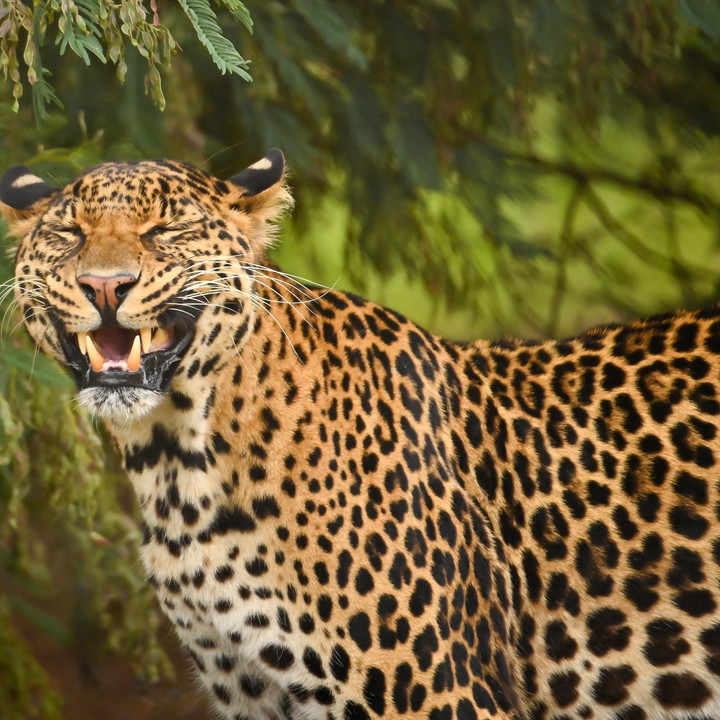Barely Wild (original) (raw)
Farming big cats is wildly profitable, but the animals there? Barely wild. Caging them for profit is stripping away their wild side and turning them into money-making machines. Tigers, lions, jaguars and leopards are left mere shadows of the majestic wild creatures they are meant to be.
This is the truth behind the business that enriches a few but exploits thousands.
Maybe seeing big cats in person is dream came true for you, but is it really worth it?

The end of wilderness?
South Africa has become the unlikely home of large-scale private farms breeding big cats.

Stressed cubs can make you sick
Forced handling and inappropriate keeping conditions make cubs vulnerable to diseases like ringworm, which are transmissible to humans.

Here for your entertainment
As long as you pay, almost anything is allowed.

Captivity often marketed as conservation efforts
Exploited, enduring intensive breeding cycles, trophy hunted, and their parts used for traditional medicine or as luxury products.

No conservation value
The animals will not be released into the wild, they have been handled since birth and have not learnt natural behaviours.
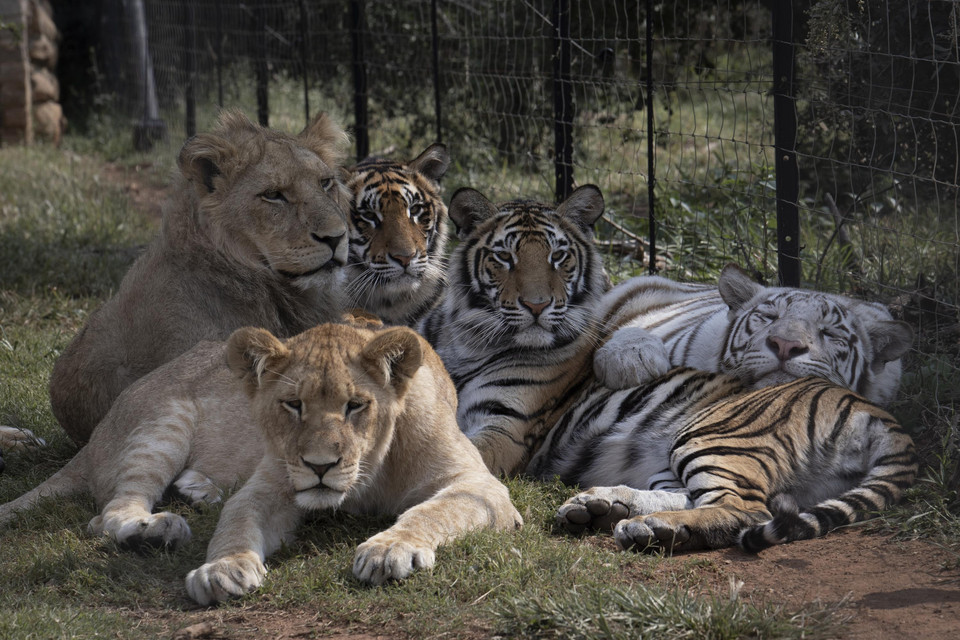
What happens to the big cats?
Tourism at commercial big cat facilities funds the breeding of big cats to fuel the demand for the exploitation of these animals.

Proud about their wildlife
In a recent survey, 94% of South Africans said big cats should be better protected by law.
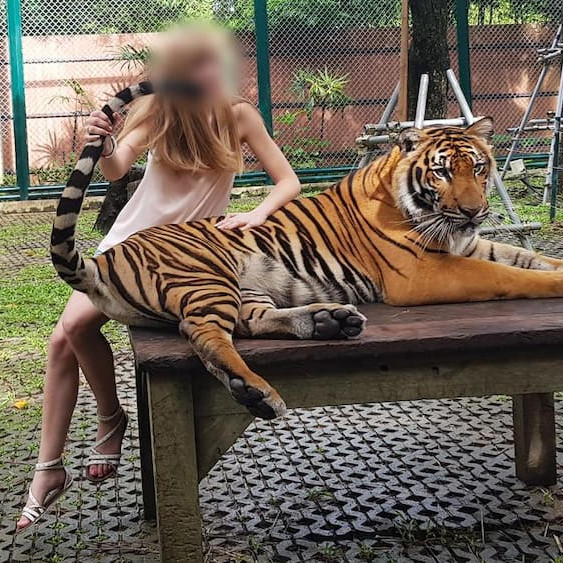
Interactions:
When venues advertise play sessions with cubs or allow interactions, this means animals are not destined to be released into the wild and are likely to be intensively bred.
×
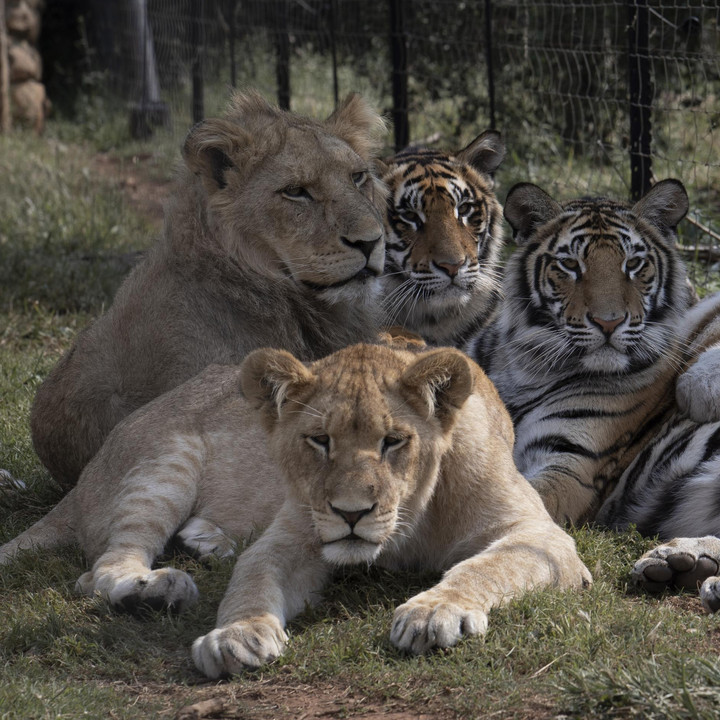
Lots of species:
Keeping different big cat species together is contrary to how they would live in the wild. Tigers come from Asia and are non-native to South Africa.
×
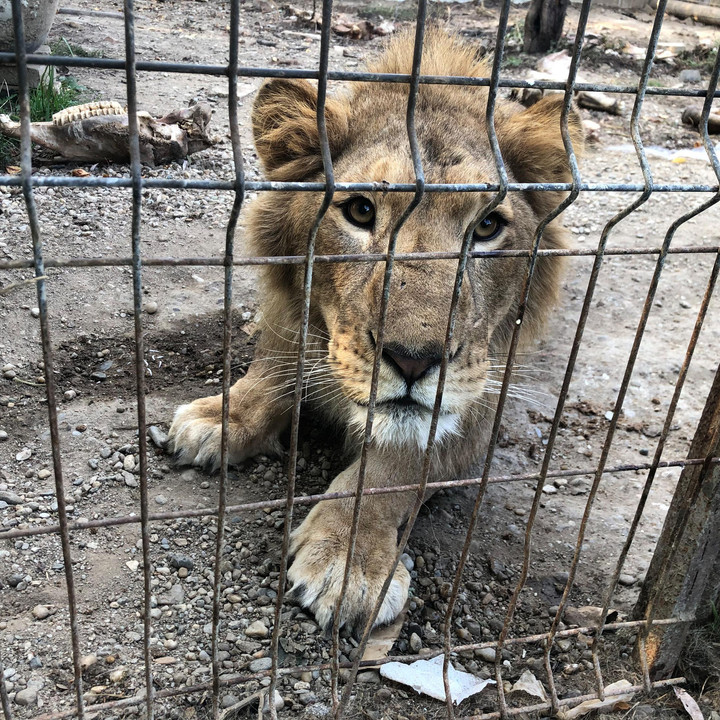
Poor welfare:
When websites mention how much they love animals and wildlife, it does not mean they are also providing the right care. Big cats require lots of enrichment and space, a varied diet, often with nutritional supplements and veterinary care.
×
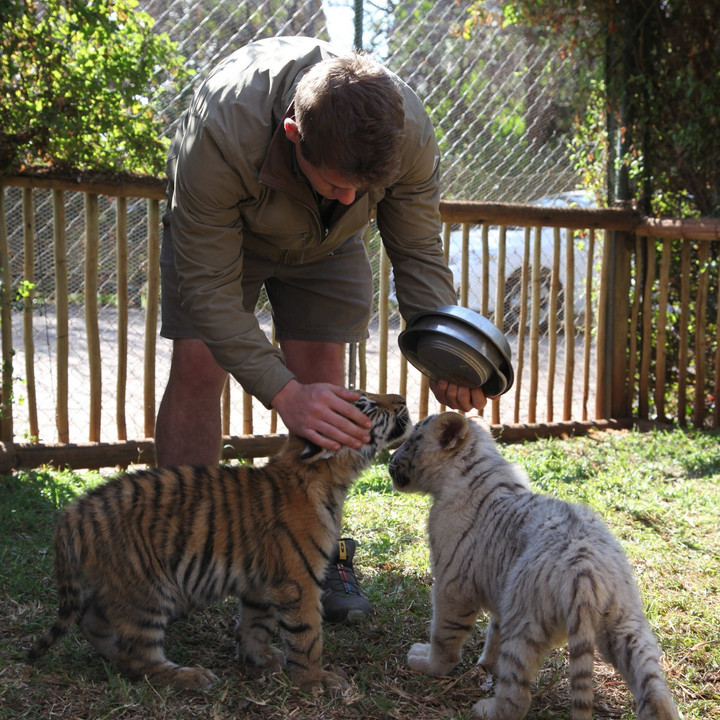
Selfie opportunities:
Is a photo worth a lifetime in captivity? Considering the full picture of the industry using big cats for profit, alive and dead.
×
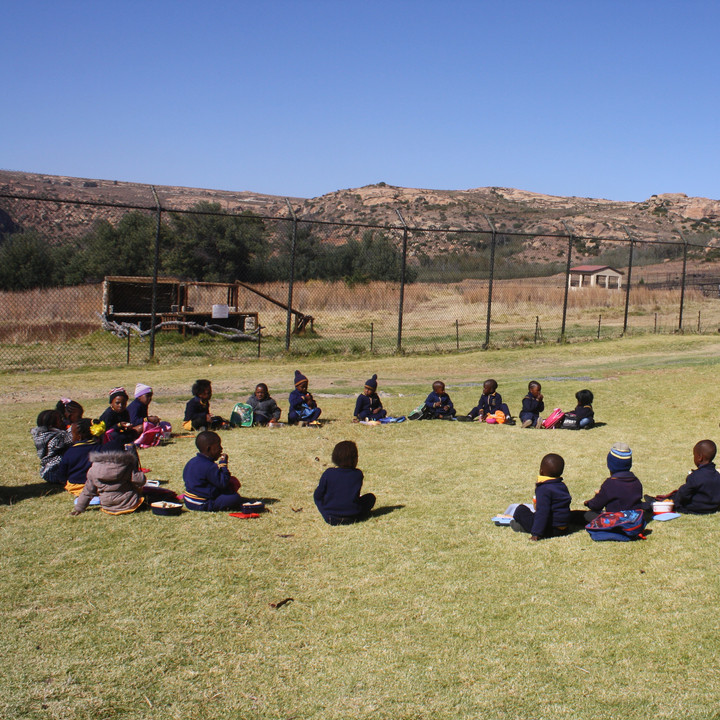
Education:
Advertising themselves as education and volunteering centers. These are often used to disguise the main goal of profiting off the animals behind closed doors.
×
